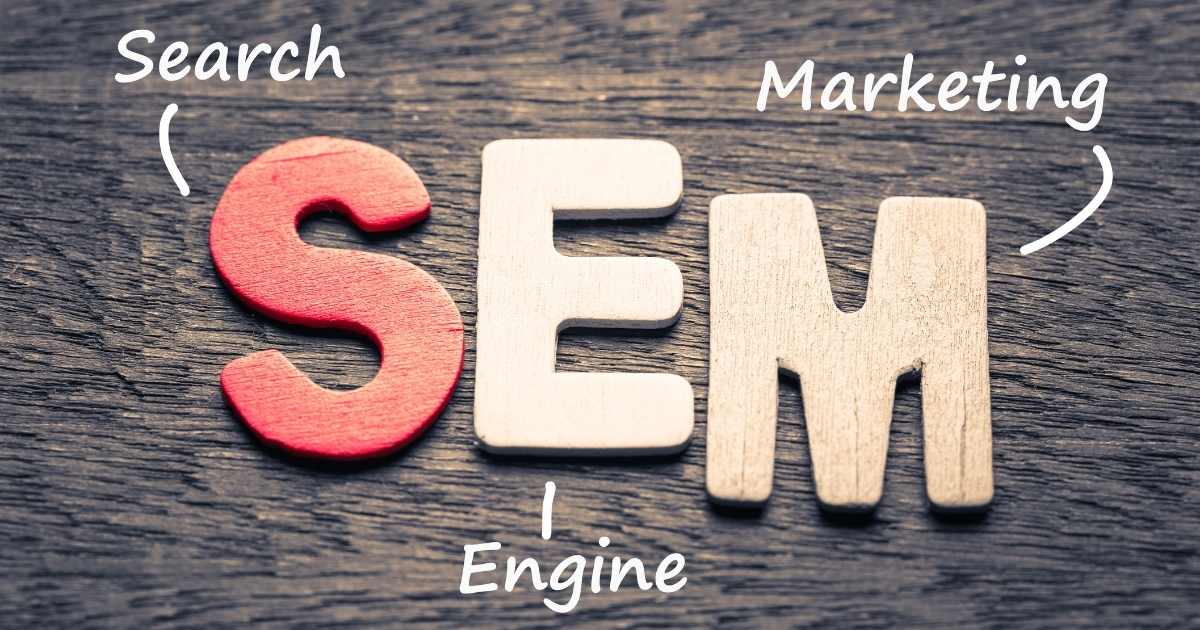What metrics to track
This is a question I get asked all the time and most people get totally overwhelmed with what metrics to track when determining the success of their advertising campaign.
Today, I’m going to try and keep this simple for you, as the world of Digital Marketing can be totally overwhelming. The great part is that there are so many ways of determining if your marketing is working, whereas in the ‘old days’ 🤣 of running an ad in the local paper or running a radio campaign, it wasn’t the easiest to determine how it went. Either the phone was ringing like crazy, or it wasn’t.

Now we get to know who clicked on our ads, where they live, what age they are, how many times an ad was shown compared to how many people clicked and where did they end up? Did they purchase? All these metrics can be monitored when you run a digital advertising campaign.
Today, I’m going to specifically talk about Google and Facebook Ads and share some simple tips on things to think about BEFORE running your ad and how to monitor it.
First up, let’s get stuck into deciding if a Google Ad or Facebook Ad is right for your business.

97% of Google users have searched online to find a local business.
70% of consumers will visit a store because of information found online.
24.4% of all clicks go to the first result of local business searches and that right there is WHY you might consider Google Ads.
Search Engine Optimisation is what will help your site improve its search engine ranking position (organic listing), and is something that you MUST do if you have a business that people would search for, but getting your website ranking in the top position on Google doesn’t happen overnight. While your SEO is being implementing and you’re fighting for that top spot, you can consider running Google Ads.
Reasons to run Google Ads
- Your website does not rank organically for your key search terms
- You need website traffic NOW and need to build awareness of your business
- Google receives over 5 billion search queries a day. It’s a place where lots of people are looking
Reasons not to run Google Ads
- You already rank organically in position one for your keywords
- Your business service or product is not something that has search intent
- You don’t have a website that captures lead information
- You have a crappy website
Facebook Advertising is another great avenue for business owners and can really help to build brand awareness and conversions.
Reasons to run Facebook Ads
- You want to build brand awareness
- This is where your ideal customers hang out
- You want to drive more website traffic
- You want to increase conversions
Reasons not to Run Facebook Ads
- Your audience isn’t on there
- You don’t know your audience
- You don’t have anywhere to send potential customers
Next up, you need to be clear on your OBJECTIVE BEFORE starting any advertising campaign. I see so many people run random ads expecting sales to increase, although there is no way that the ad they have created or the audience they are targeting are going to result in sales.
Google Ads Objectives

Facebook Ad Objectives

Tips – when aiming for conversions (sales), you are better using a WARM audience (people who already know your business).
So, now you’re clear on whether YOUR business should be advertising on Google and Facebook, and you have a CLEAR objective, you can determine what metrics to track.
Before I get into the specifics of what to track, first up I need to let you know that I’m not a big fan of judging a campaign on impressions.
Why?
Well, most of the time I’m dealing with small or micro businesses and their intent is to create awareness of their business and ultimately increase sales. They’re not trying to be the next Coke, Nike or McDonalds, and generally don’t have a massive marketing budget to spend on simply branding themselves. So, if you’re someone who is caught up on likes and impressions, it’s time to leave the page 😂 or if you’re paying for ads and you keep getting told you’re getting lots of impressions, it’s time to ask more questions.
When deciding on the metrics I want to track, I like to keep it simple. Yes, we have a world of information at our fingertips, but until you’ve absolutely nailed your advertising (not sure if anyone ever gets to that point as it’s forever changing), you can just get too caught up in too many metrics that aren’t useful.
Facebook has at LEAST 120 plus metrics you can track.
Let’s focus on two objectives Small Businesses might have when advertising.
Traffic – If you are aiming to increase website traffic, you might want to start by tracking these metrics
- Reach
- CPC – Cost per click
- CTR – Click through rate
- Total Clicks


Then, I’d also want to jump into Google Analytics and get an idea of your
- Website Visitors
- Bounce rates
- Email opt ins (if you are aiming to get people on your email list)
If tracking Conversions, I’d still suggest tracking
- CPC
- CTR
- CPC – Cost per conversion
- Purchases/Sales
These are the BASIC metrics to start tracking. Obviously, you can add more the more you know as it will help you improve your ads and get the most out of your advertising budget.
The key message for today is don’t let overwhelming amounts of data stop you from taking the plunge and giving Facebook and Google Ads a go.
Just make sure you it’s right for your business.
You’re clear about your objective.
And you track the metrics to measure the results.
If you need a hand, I do 1-on-1 training helping you set-up your own campaigns.
One more thing before I go, also remember to be realistic with your EXPECTATIONS.
Did you know that the average website conversion rates are 3.3%.
That’s A LOT of traffic to make a sale!

So before you start spending on advertising, make sure your website is as effective as possible.
Here is an infographic showcasing reasons potential customers didn’t convert.




